
Nighttime Habits That Increase Your Risk of Stroke

A stroke occurs when the blood supply to part of the brain is blocked or interrupted, depriving brain cells of oxygen and nutrients. Within minutes, these cells can begin to die, leading to serious and often irreversible damage. While some stroke risk factors—such as age, genetics, and family history—are beyond our control, many everyday habits silently raise the danger. Some of the most harmful behaviors actually happen at night, when our bodies are meant to rest and recover.
Understanding these hidden nighttime risks is the first step toward prevention. Below are five common bedtime habits that could increase your stroke risk—and simple, science-backed ways to reduce that risk starting tonight.
1. Going to Bed With High Blood Pressure
Why it’s risky:
High blood pressure (hypertension) is the leading modifiable risk factor for stroke. If your blood pressure remains elevated overnight, your arteries are under constant stress, increasing the chance of a rupture or clot formation while you sleep. Studies show that people with nighttime hypertension face a significantly higher stroke risk, even if their daytime readings are normal.
What to do instead:
✔️ Check your blood pressure regularly, including in the evening.
✔️ Take prescribed medication consistently—don’t skip doses.
✔️ Cut back on salty foods and avoid heavy meals before bed.
✔️ Try relaxation techniques like deep breathing or meditation to calm your nervous system.
✔️ Aim for at least seven hours of quality sleep, since poor sleep itself can raise blood pressure.
2. Skipping Hydration Before Bed
Why it’s risky:
When you’re dehydrated, your blood becomes thicker and moves more sluggishly through your vessels, which can encourage clot formation. Overnight, when you aren’t drinking water for several hours, mild dehydration can silently raise your stroke risk—especially if you’ve consumed caffeine or alcohol earlier in the evening.
What to do instead:
✔️ Sip a small glass of water about 30–60 minutes before bed.
✔️ Avoid excessive caffeine and alcohol, which act as diuretics.
✔️ Stay well-hydrated throughout the day so you don’t need to overcompensate at night.
✔️ If you wake up thirsty during the night, keep a glass of water on your bedside table.
3. Sleeping in an Uncomfortable or Unsafe Position
Why it’s risky:
Sleeping face down or twisting your neck can compress arteries and restrict blood flow to the brain. Over time, poor posture during sleep may strain your circulatory system and increase the risk of small clots or vascular damage. People who sleep with their arms pinned under their body or in an awkward position may also reduce blood flow to limbs and the brain.
What to do instead:
✔️ Sleep on your back or on your side—these positions support even circulation.
✔️ Use ergonomic pillows that align your spine and neck properly.
✔️ Change positions occasionally during the night to relieve pressure points.
✔️ If you snore or suffer from sleep apnea, seek medical advice, since oxygen deprivation at night is another major stroke risk.
4. Drinking Alcohol Before Bed
Why it’s risky:
While a nightcap may seem relaxing, alcohol actually raises blood pressure, disrupts your sleep cycle, and can trigger irregular heart rhythms such as atrial fibrillation—a major stroke risk factor. It also causes dehydration, compounding the problem.
What to do instead:
✔️ Avoid alcohol at least 3 hours before bedtime.
✔️ If you drink, do so moderately and with food to lessen the impact on your body.
✔️ Replace alcoholic drinks with calming alternatives like herbal tea, chamomile, or warm milk.
✔️ Build a relaxing nighttime ritual—reading, stretching, or listening to soothing music—to help your body wind down naturally.
5. Smoking Before Bed
Why it’s risky:
Smoking constricts blood vessels, increases clot formation, and reduces the amount of oxygen in your blood. When you smoke right before sleeping, these effects persist overnight, compounding the damage while your body is in its most vulnerable state.
What to do instead:
✔️ Seek professional help or support programs to quit smoking permanently.
✔️ If you’re struggling to quit, avoid cigarettes in the evening at the very least.
✔️ Consider nicotine replacement options, counseling, or mobile apps that track your progress.
✔️ Remember: within just 24 hours of quitting, your stroke risk begins to drop.
Final Thoughts
A stroke can strike without warning—often in the quiet hours of the night. But by recognizing and changing these nighttime habits, you can dramatically reduce your risk and protect your brain’s long-term health.
Take control of your evenings:
💧 Hydrate well.
💤 Sleep in a safe, supportive position.
❤️ Keep your blood pressure under control.
🚭 Avoid alcohol and smoking before bed.
Small, consistent changes tonight can safeguard your brain—and your future—tomorrow.
News in the same category

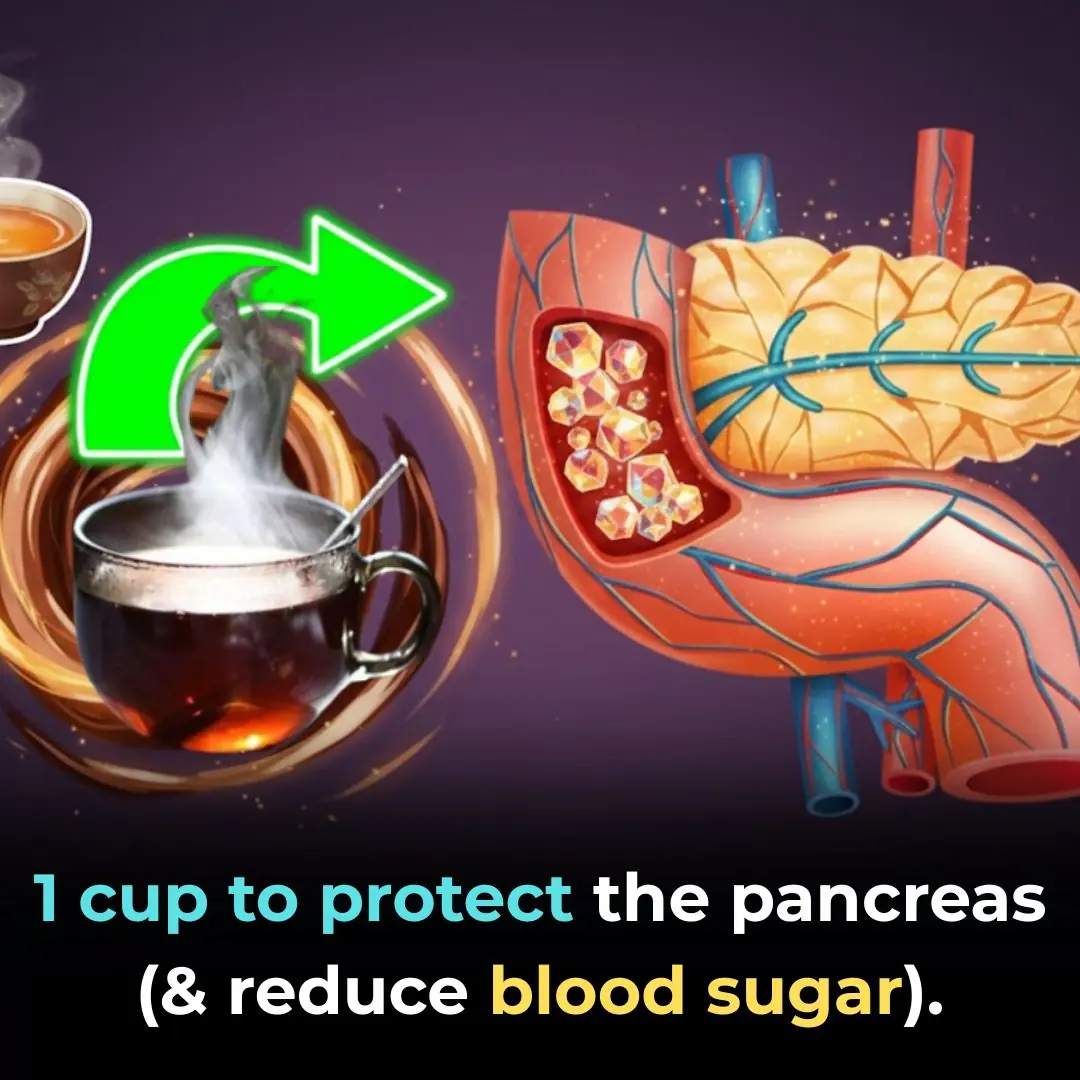
1 cup to protect the pancreas (and reduce blood sugar)
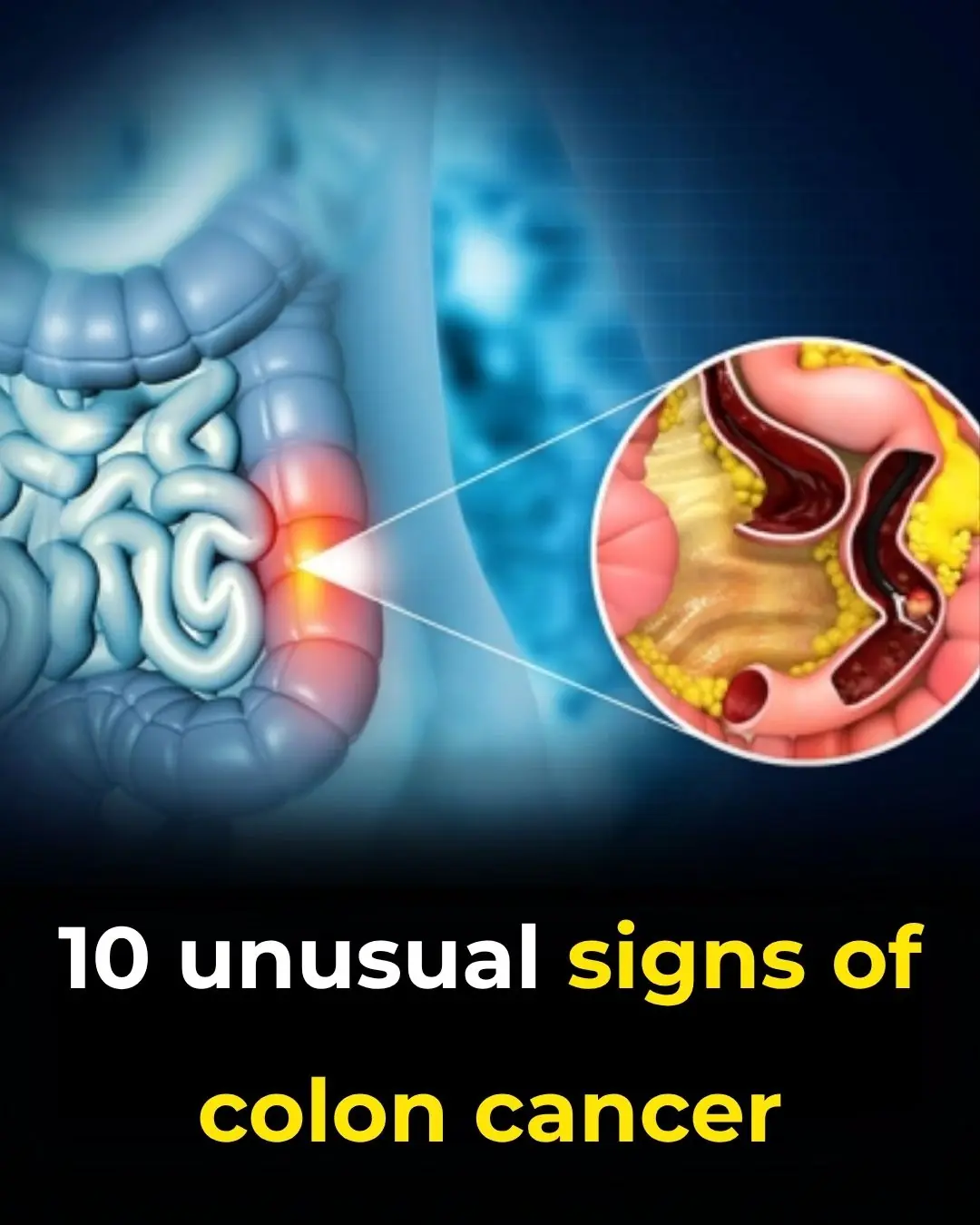
10 Warning Signs of Bowel (Colorectal) Cancer You Shouldn’t Ignore

Coconut Water Found To Lower Blood Pressure By As Much As 71% In Study Participants
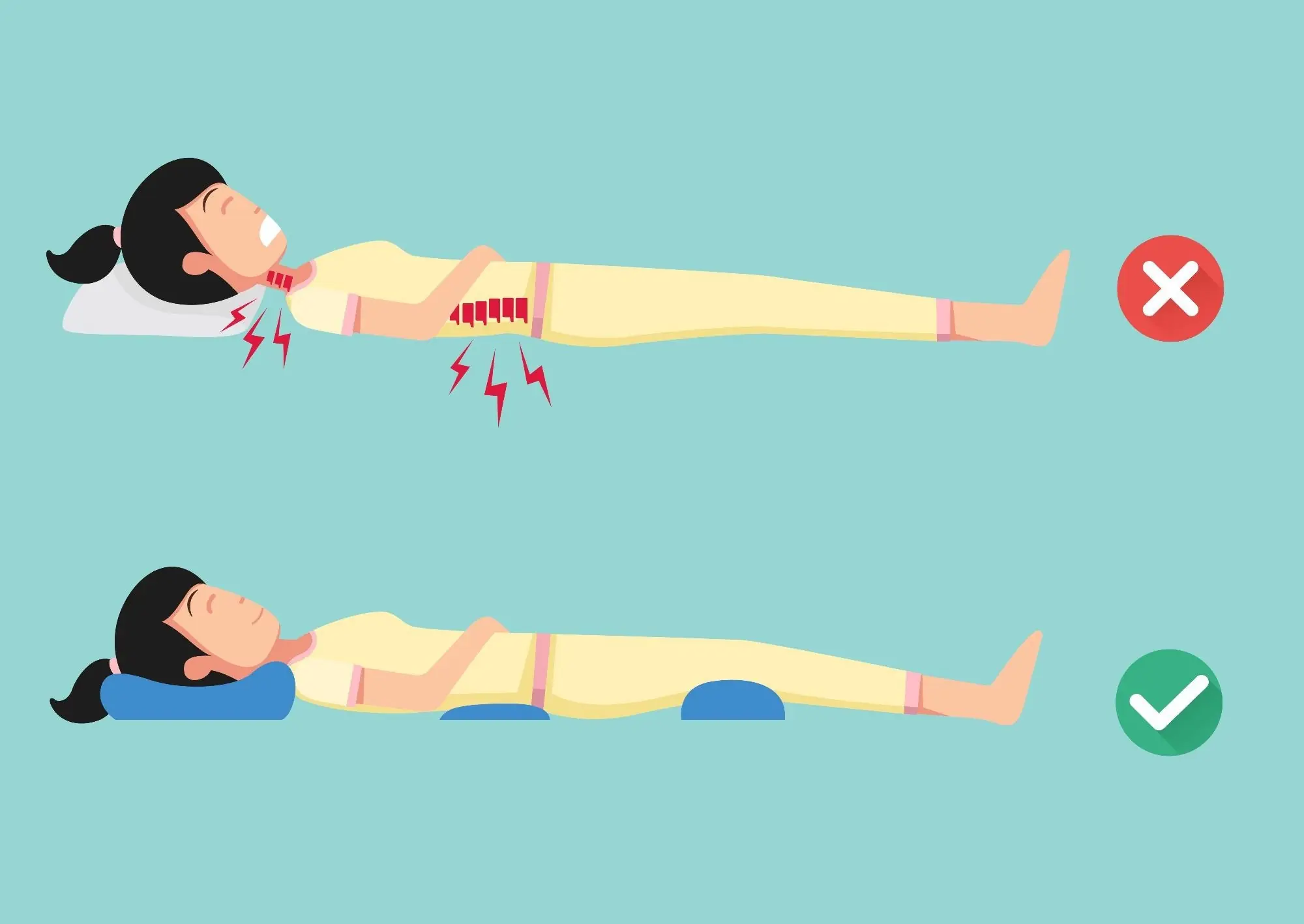
Best Sleeping Positions to Prevent Neck Pain Reflux and Keep Your Heart Healthy
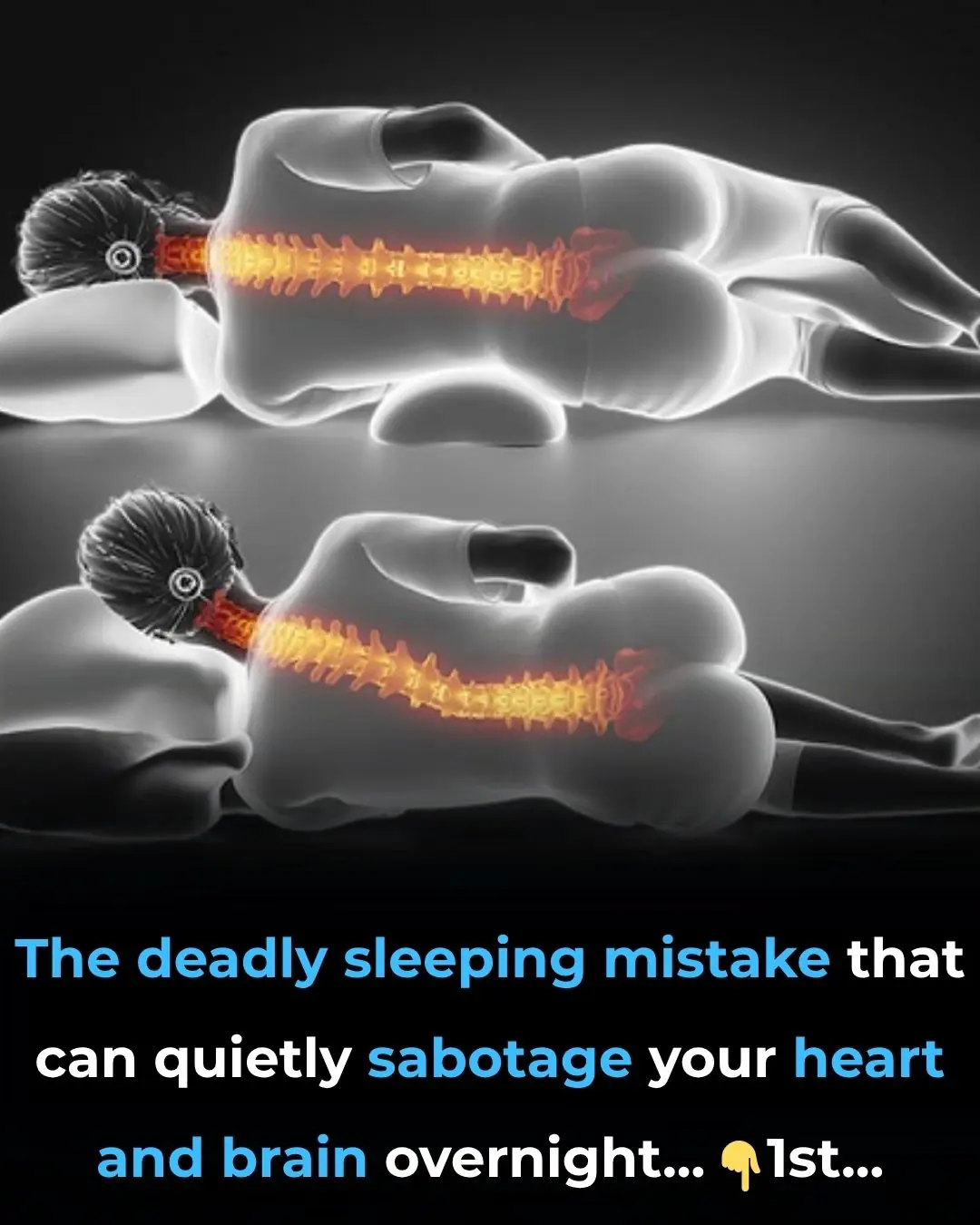
The deadly sleeping mistake that can trigger heart attack and stroke overnight!

Baking Soda and Castor Oil Can Treat More than 20 Health Problems
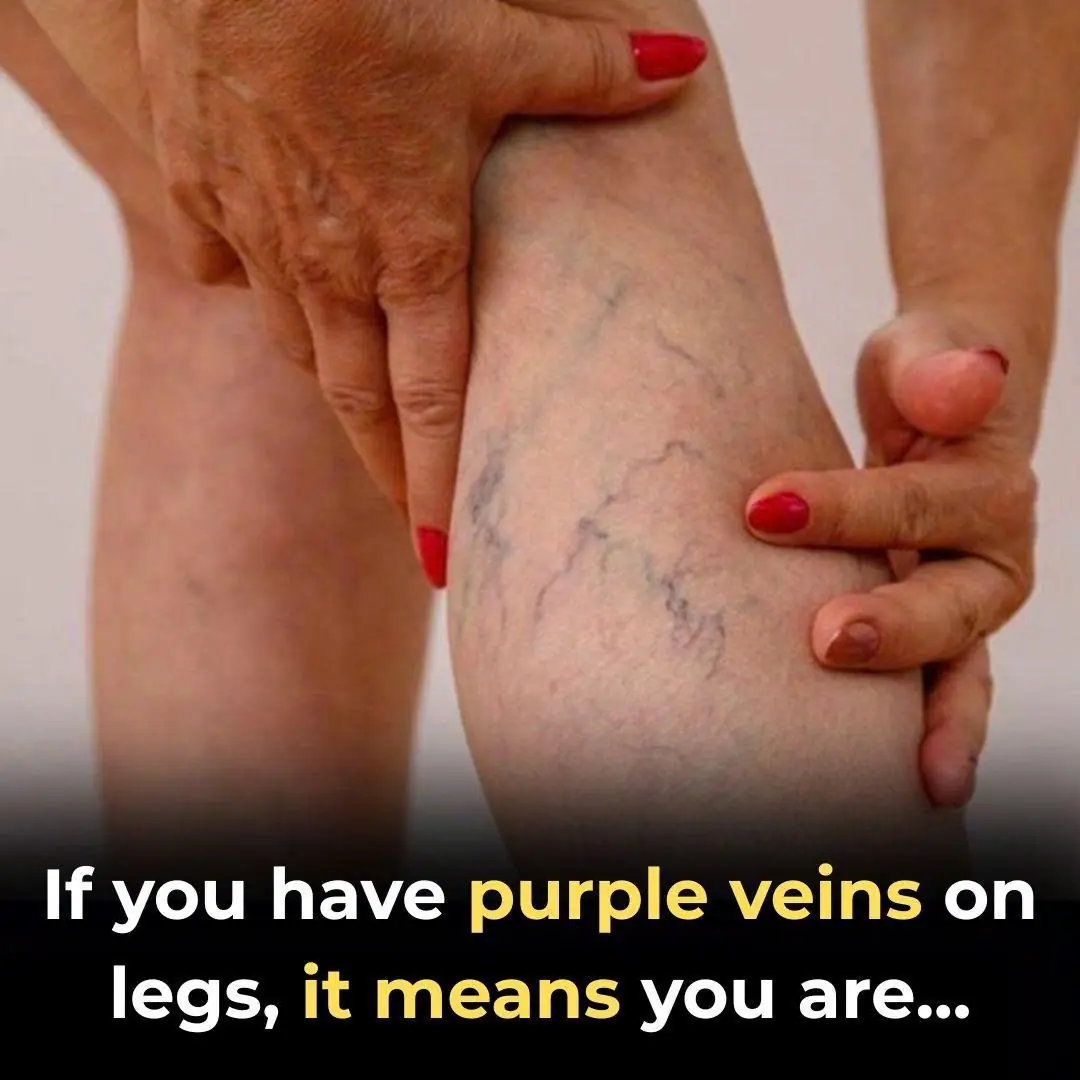
Purple Veins on Your Legs

Why Keeping A Lemon In Your Bedroom Is A Great Idea

4 Types of Shoulder Pain That May Signal Dangerous Cancer — Don’t Mistake Them for Simple Joint Problems
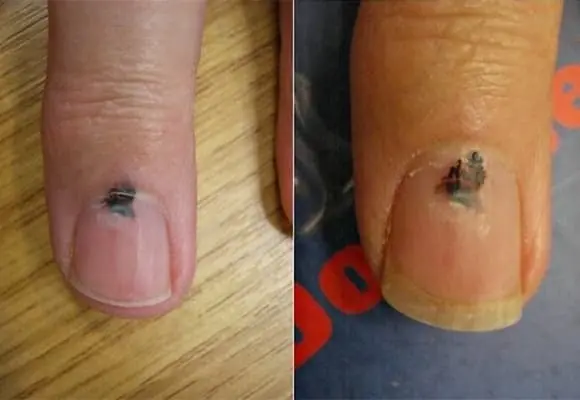
6 Body Parts That Turn Black May Signal Cancer — Don’t Ignore Them

The Amazing Power of Caesalpinia pulcherrima (Peacock Flower)
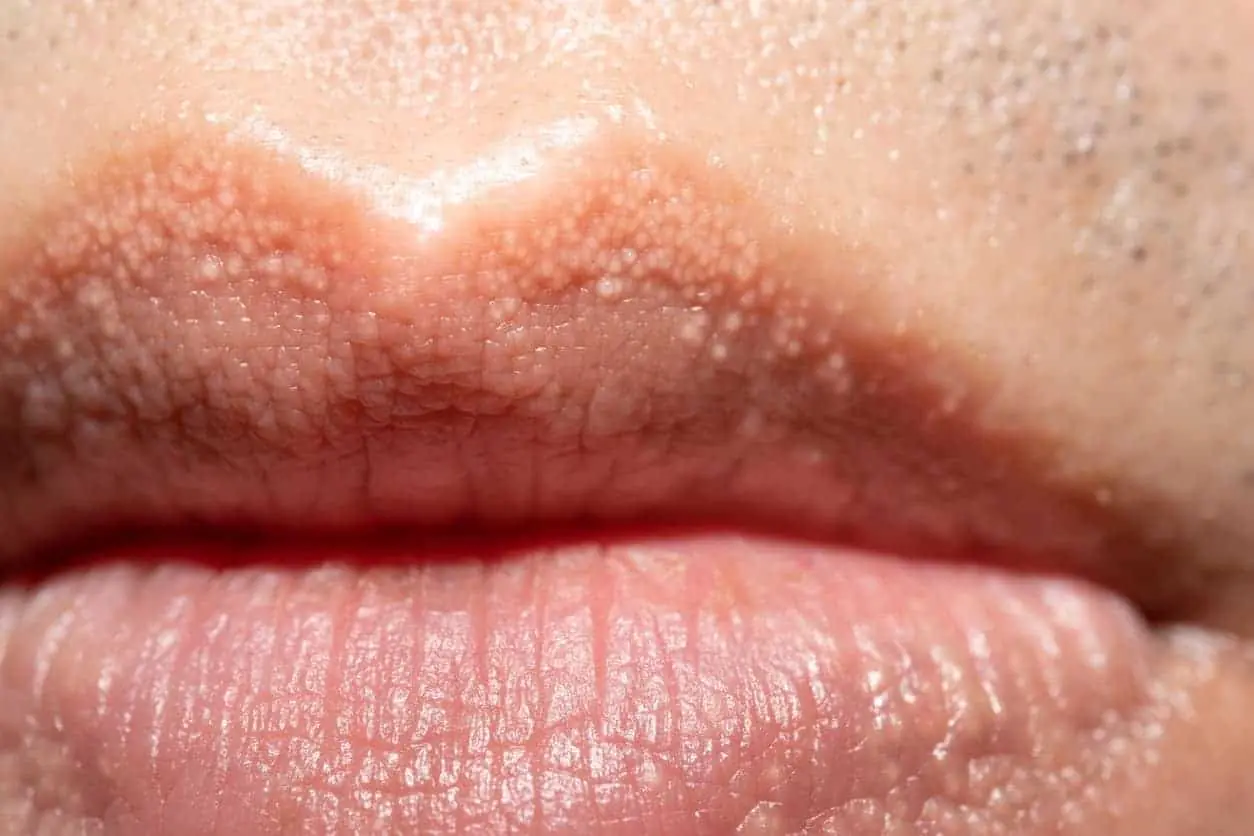
White Bumps or Spots on Lips: Causes and Effective Treatments
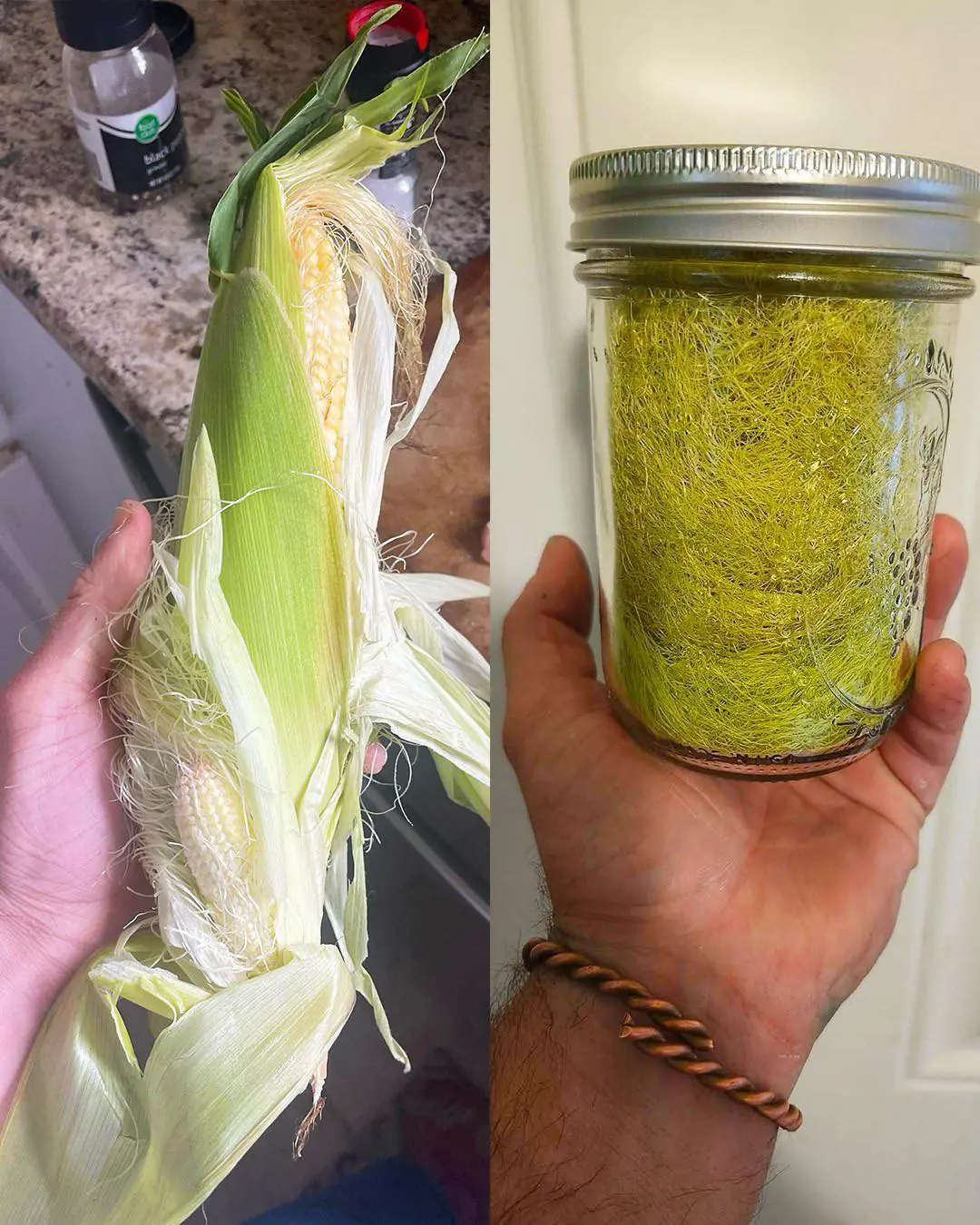
Corn Silk: 30 Health Benefits and How to Use It
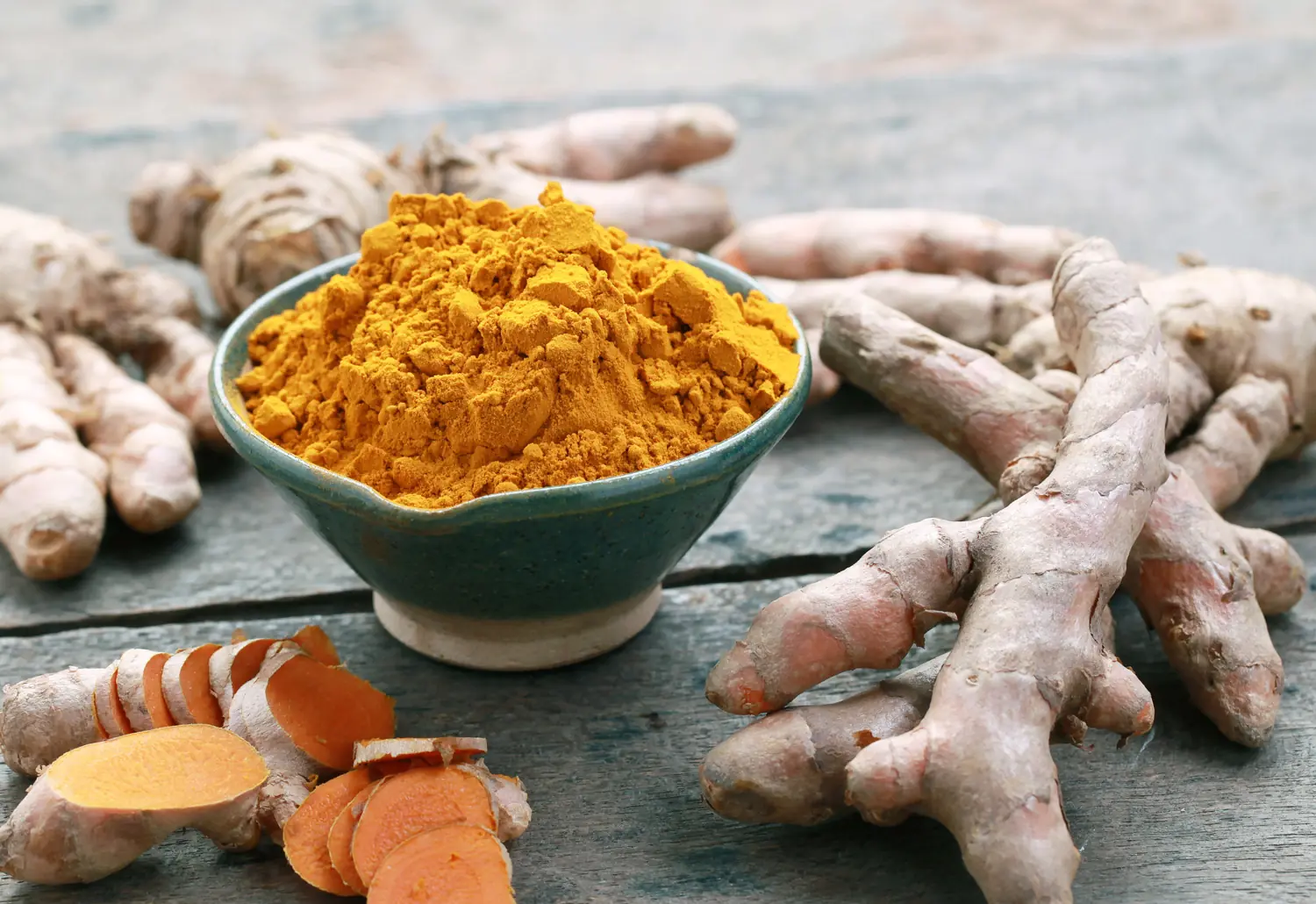
Turmeric Dosage: How Much You Actually Need for Arthritis, Cancer, and Other Diseases

Better Than Medicine? The Shocking Truth About Dates & Blood Sugar!
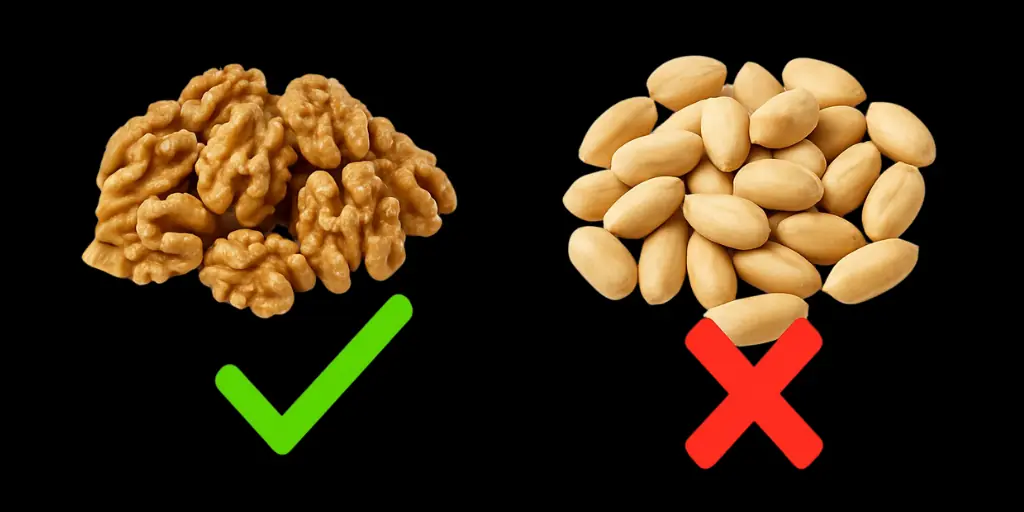
7 Nuts You Should Eat for Better Health (and the #1 Nut You Should NEVER Touch)
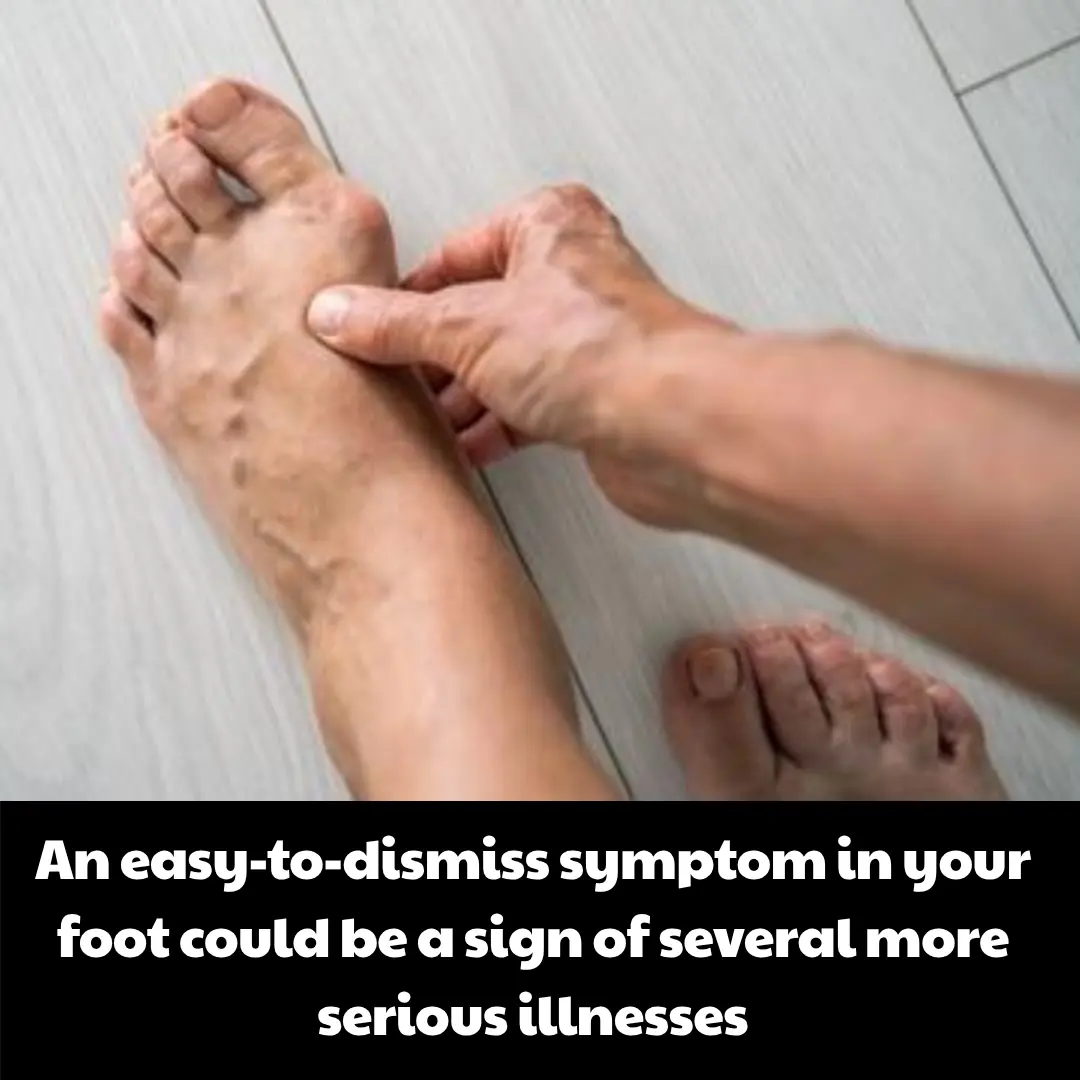
An easy-to-dismiss symptom in your foot could be a sign of several more serious illnesses

Doctor reveals 5 powerful snacks that help your body fight cancer and disease
News Post
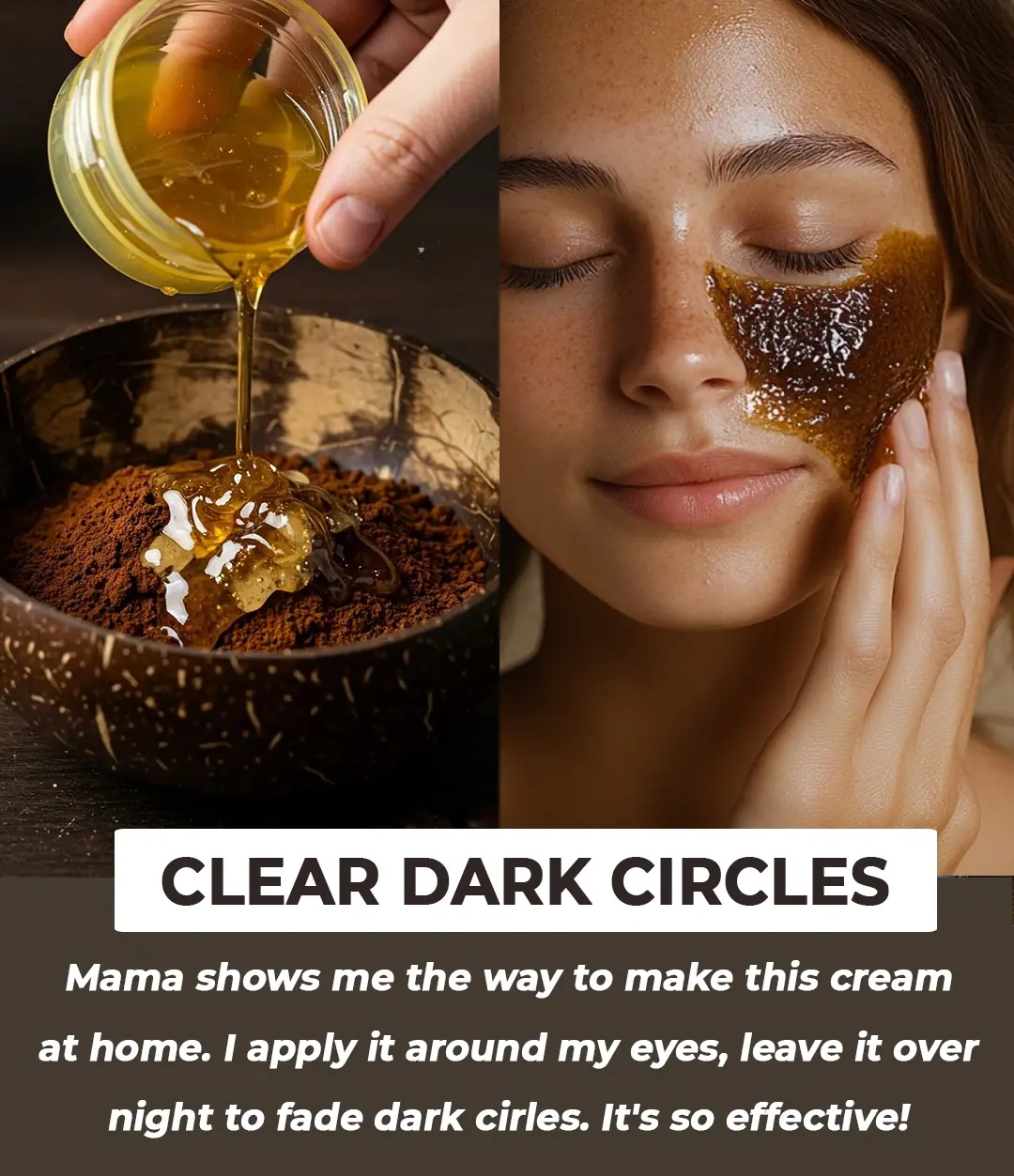
This Homemade Coffee & Turmeric Eye Cream Will Erase Your Dark Circles

How to grow clove plant at home – from seed to spice

7 Benefits Of Papaya Seeds & How To Consume Them Correctly

Chanca Piedra (Stonebreaker): Benefits and Uses

Nerve damage? 6 best oils to help repair your nerves

Red Onion for Hair Growth: How This Overlooked Natural Remedy Can Stop Hair Fall and Boost Thickness Fast

Banana and Coffee: Powerful combination with surprising benefits

1 cup to protect the pancreas (and reduce blood sugar)

Manraj’s Journey: A Brave Little Fighter Who Beat Cancer

The Day Rick Swope Saved Jo-Jo the Chimp: A Heroic Act of Compassion

A Dramatic Rescue: The Courageous Effort to Save a Mother and Calf Elephant in Thailand

The Orange Cat and the Bears: A Friendship You Have to See to Believe

Little-known wonderful uses of baking soda in gardening

Remembering Tim Franklin: A Husband, Father, and Friend Who Loved With His Whole Heart

Abused Genius Turns King: The Lost Experiment That Became Legend of the Jungle

Why You Shouldn’t Wash Rice in the Inner Pot of an Electric Rice Cooker

Turns out I've been using it the wrong way for a long time

Semper Fi Until the End: Honoring Sgt. Kevin Lloyd, a True American Hero

🥚 5 Simple Ways to Tell if Your Eggs Are Fresh or Rotten 🚫
